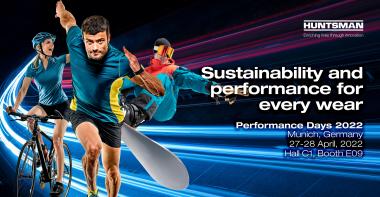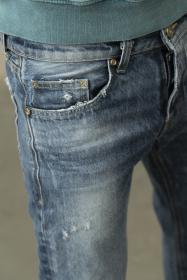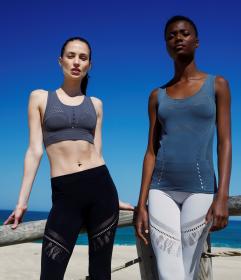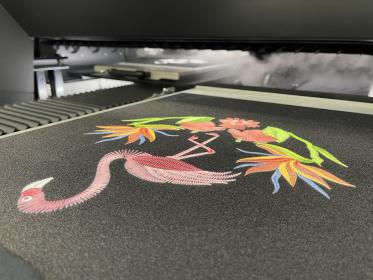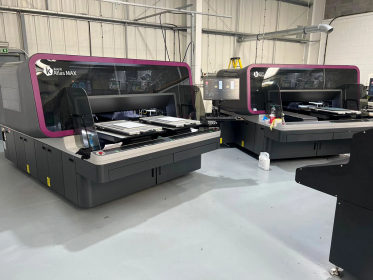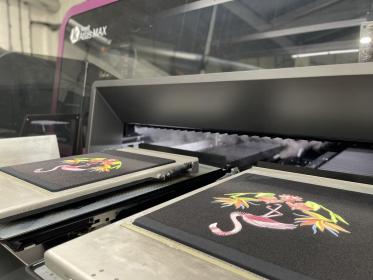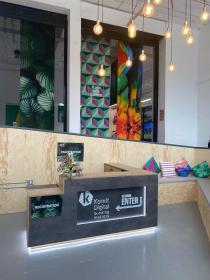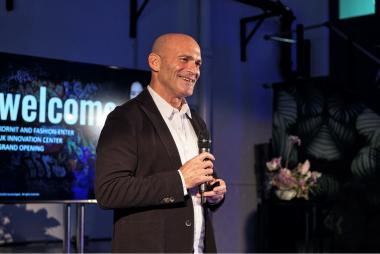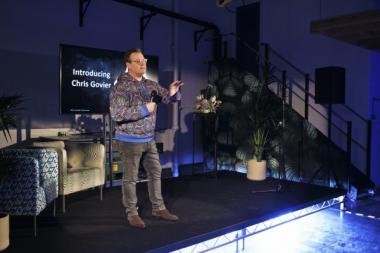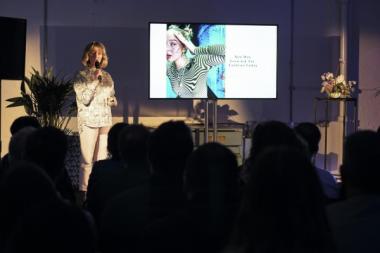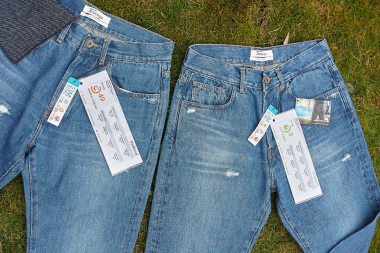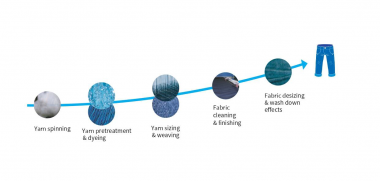The Sustainable Apparel Forum brings together government representatives and industry leaders
The Sustainable Apparel Forum takes place on 10 May 2022 in Dhaka, Bangladesh, bringing together government ministers and advisors, the European Union, UN bodies, brands, global fashion campaigners, brands, manufacturers and industry leaders.
This year’s SAF, the third such event, aims to establish Bangladesh as one of the world’s most responsible apparel sourcing destinations. That’s why senior government representatives will be speaking and in attendance, listening to the needs of industry and what needs to be done to take Bangladesh garment production to the next level.
Senior representatives from globally renowned recycling and renewable energy companies will also be in attendance as well as exhibit their sustainability and green technologies, products and solutions under the same roof.
The SAF will showcase opportunities for much-needed green financing in the industry.
Issues under the spotlight will include climate action, environmental social & governance (ESG) and green finance, purchasing practices, circular economy, and regulatory reforms.
Speakers of the SAF include Dr Tawfiq-e-elahi Chowdhury, Bir Bikrom, adviser to the Prime Minister of Bangladesh on power, energy and mineral resources; Salman F Rahman, MP, adviser to the Prime Minister of Bangladesh on private industry & investment; Tipu Munshi, MP, commerce minister of Bangladesh; Begum Monnujan Sufian, MP, state minister for labor and employment of Bangladesh; Saber Hossain Chowdhury, MP, chairman of parliamentary standing committee on ministry of environment, forest and climate change of Bangladesh; Anna Athanasopoulou, head of unit for social economy & creative industries European Commission; Barbara Bijelic, financial sector and regulatory engagement lead centre for responsible business conduct, OECD; Lindita Xhaferi-Salihu, sectors engagement lead, UNFCCC; Gagan Bansal, global material innovation & strategy manager, H&M; Javier Santonja Olcina, regional head, Bangladesh & Pakistan, Inditex; Faruque Hassan, president, Bangladesh Garment Manufacturers & Exporters Association (BGMEA); Dr Mark Anner, founding director, Center for Global Workers’ Rights and also professor, Penn State University, USA; Ayesha Barenblat, founder and CEO, Remake; Najet Draper, vice president research, Better Buying; and Tuomo Poutiainen, country director, Bangladesh, ILO.
Bangladesh Apparel Exchange (BAE)









